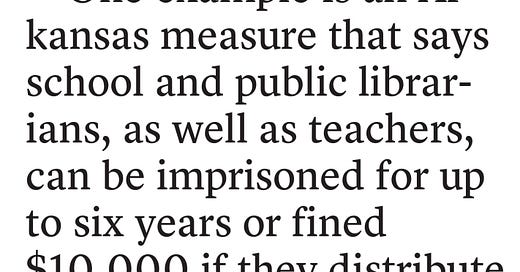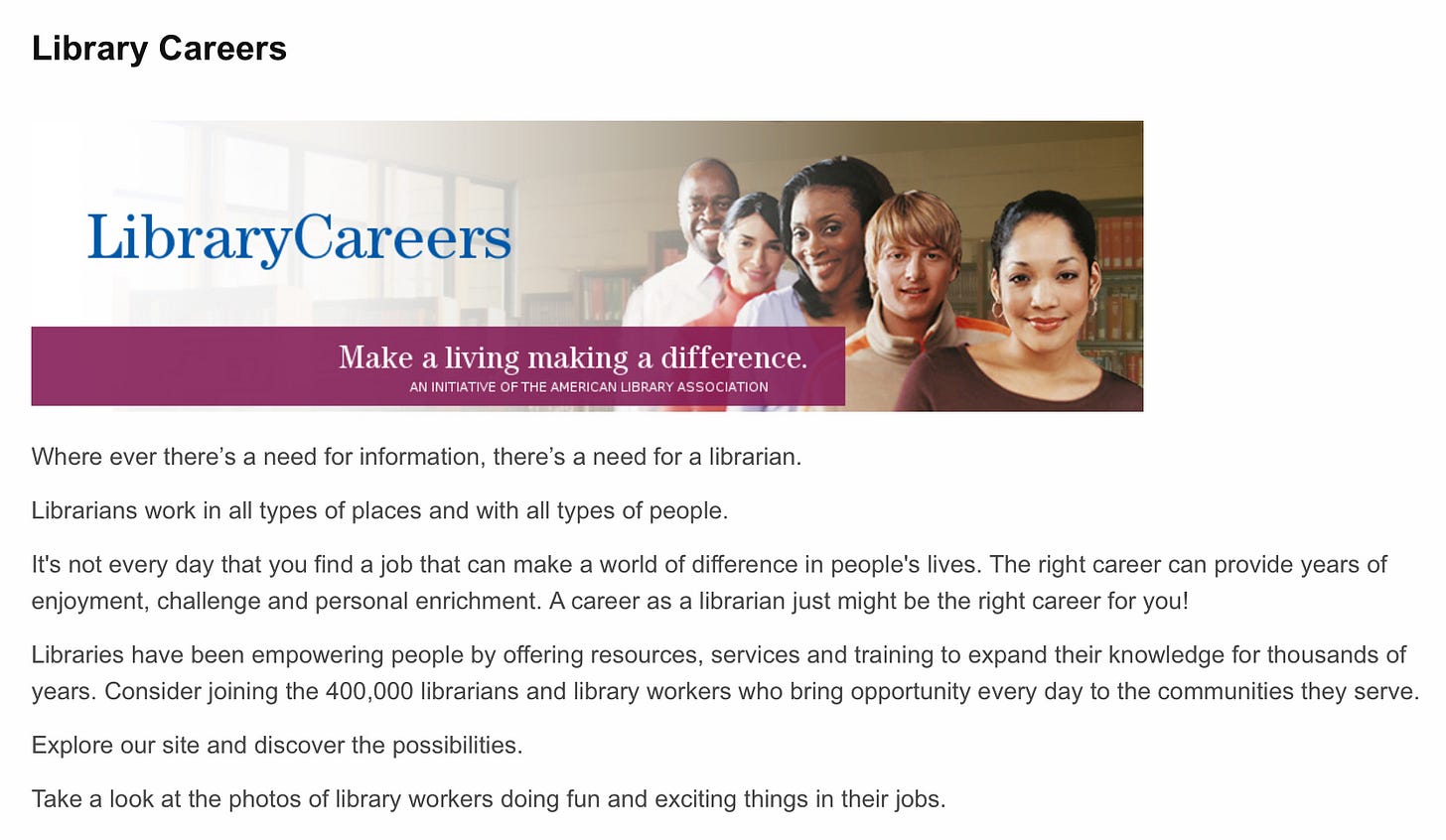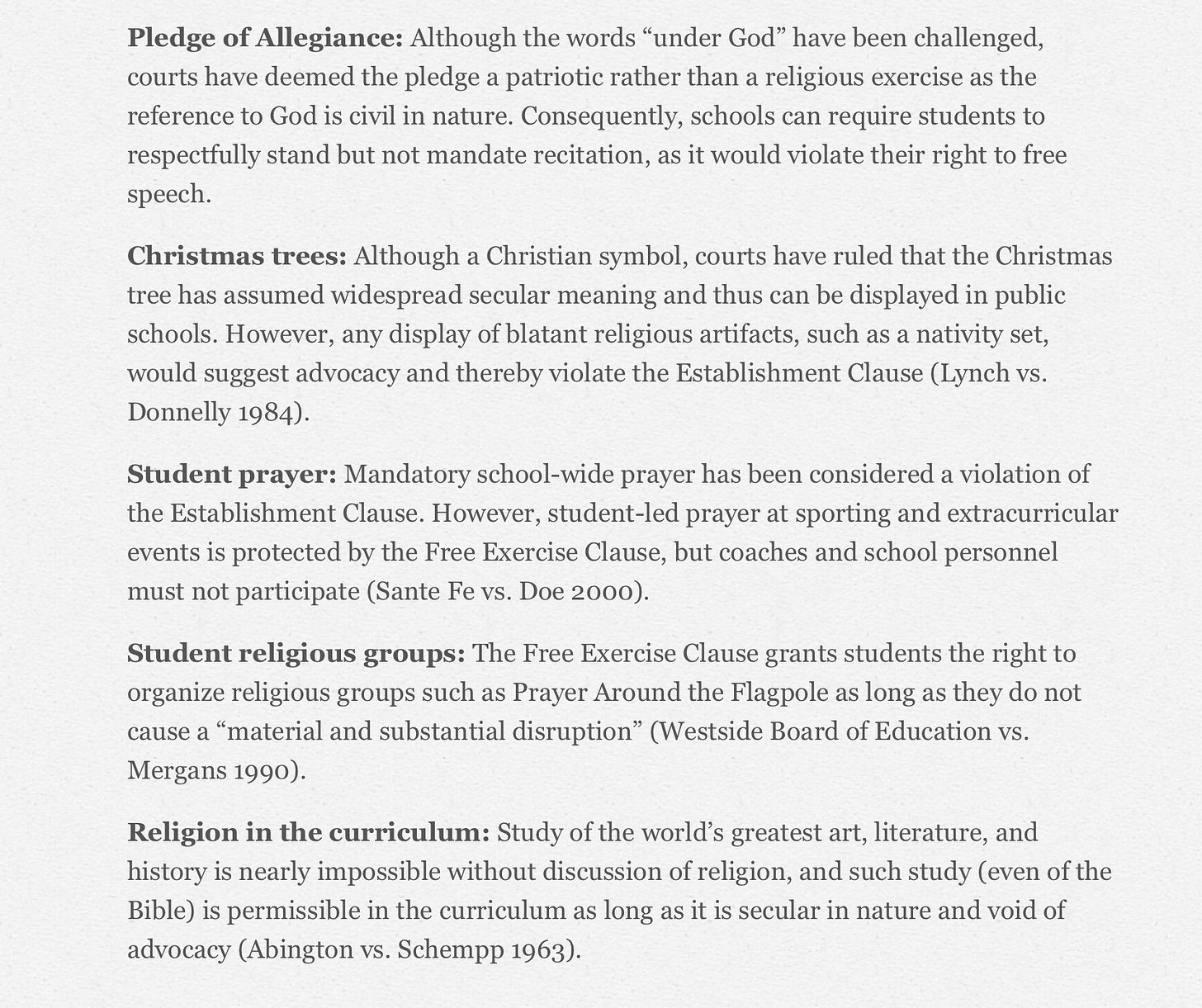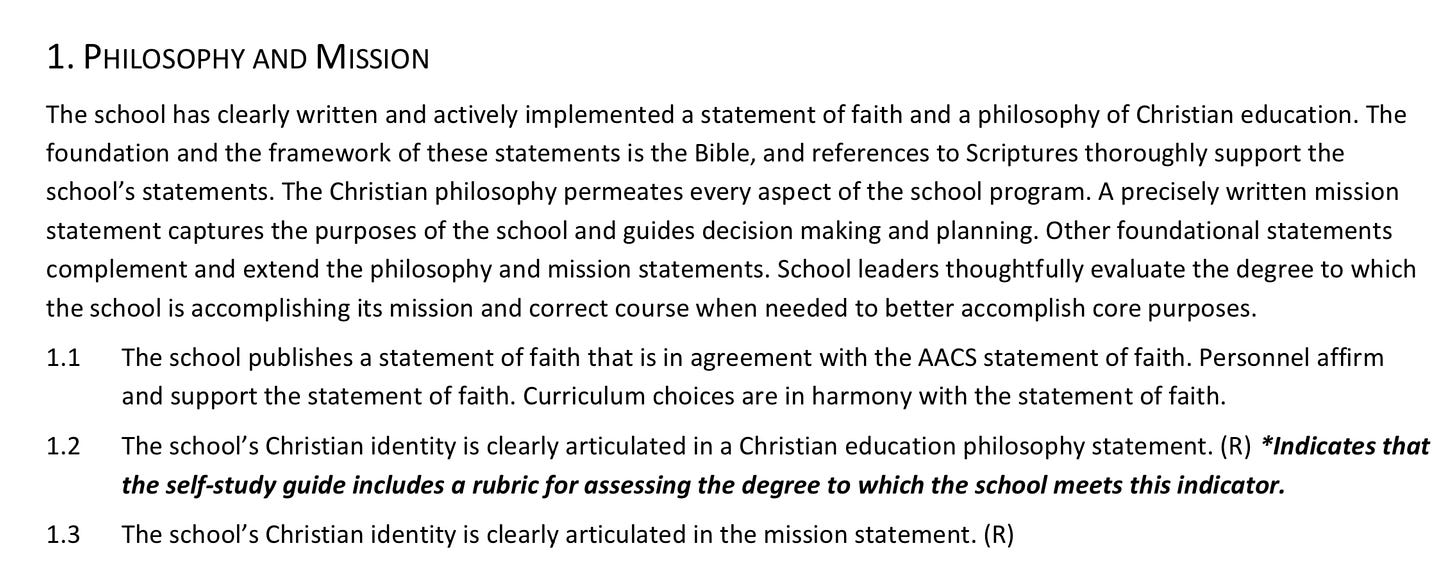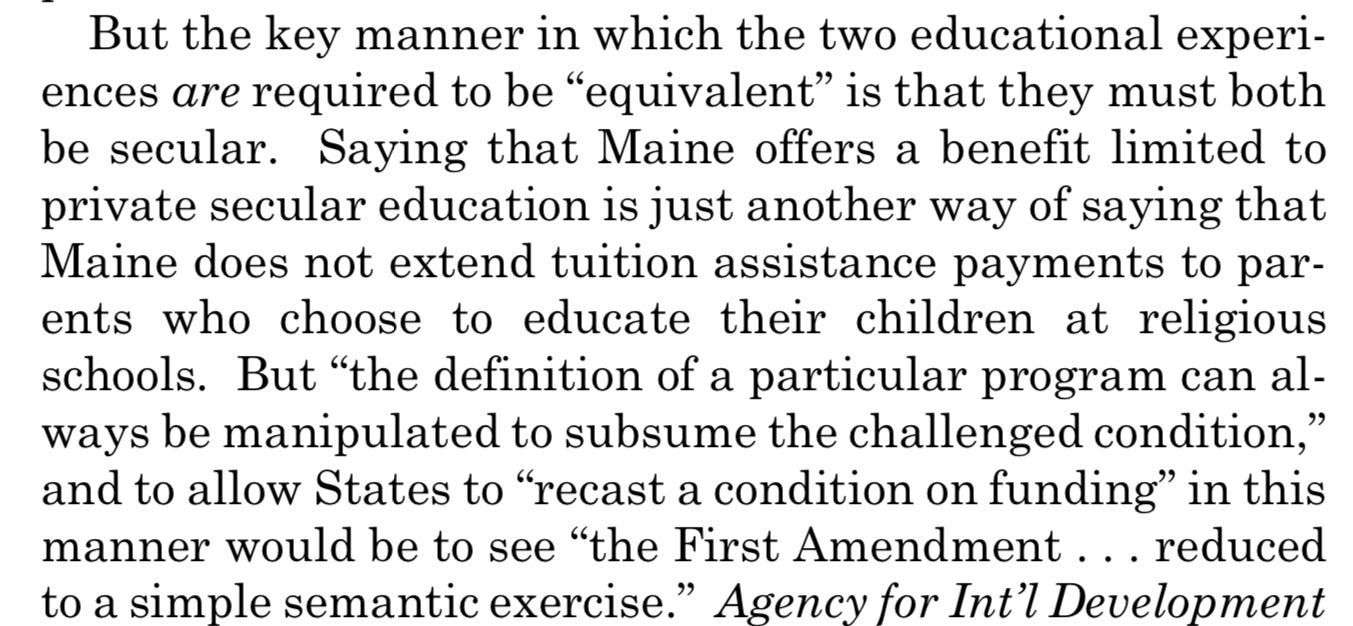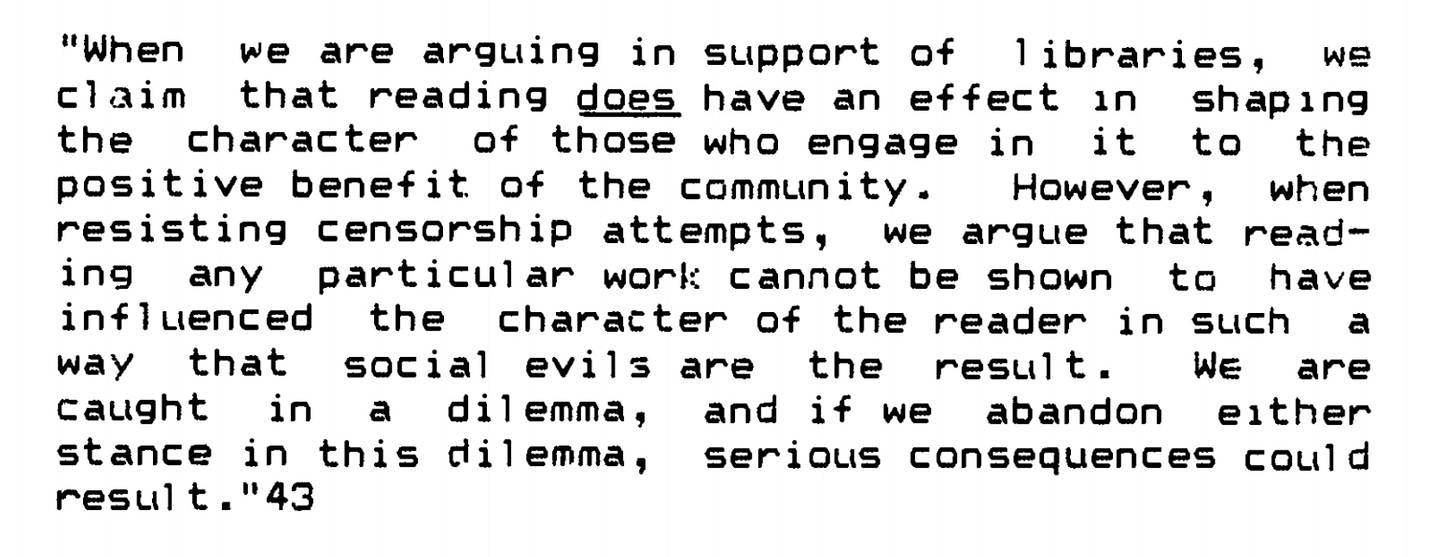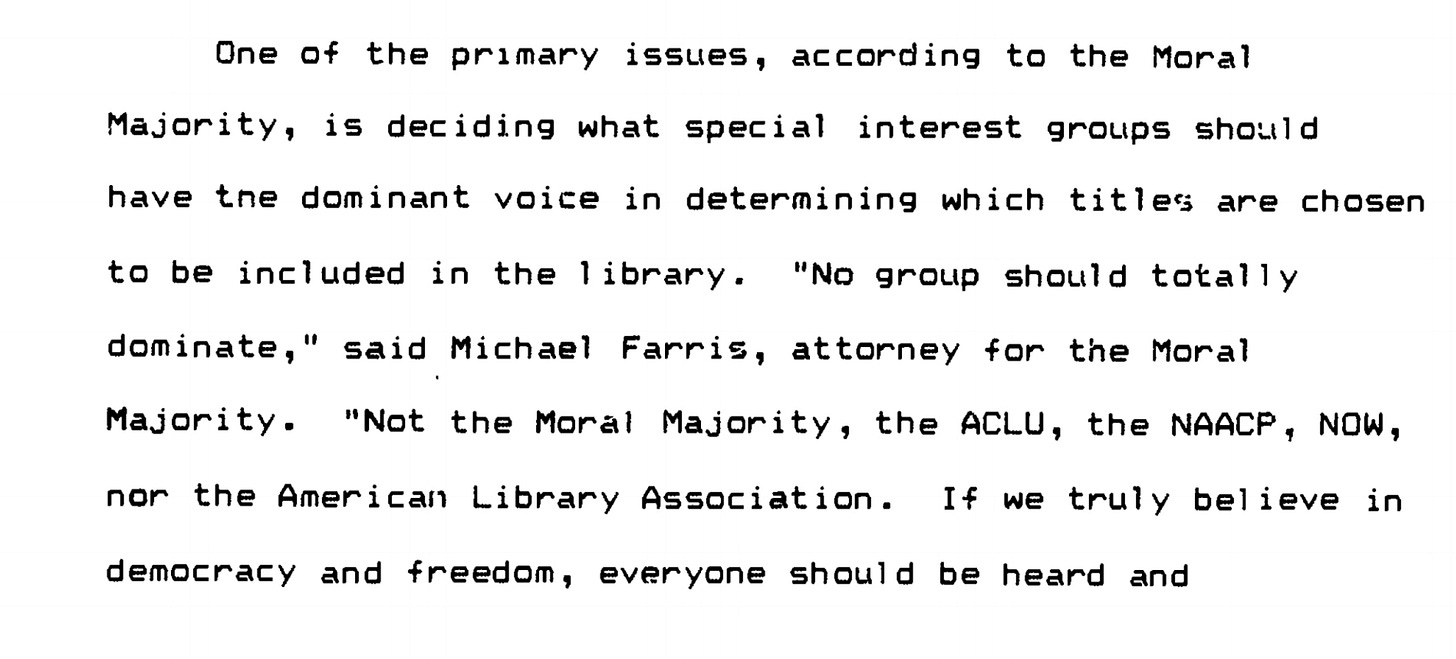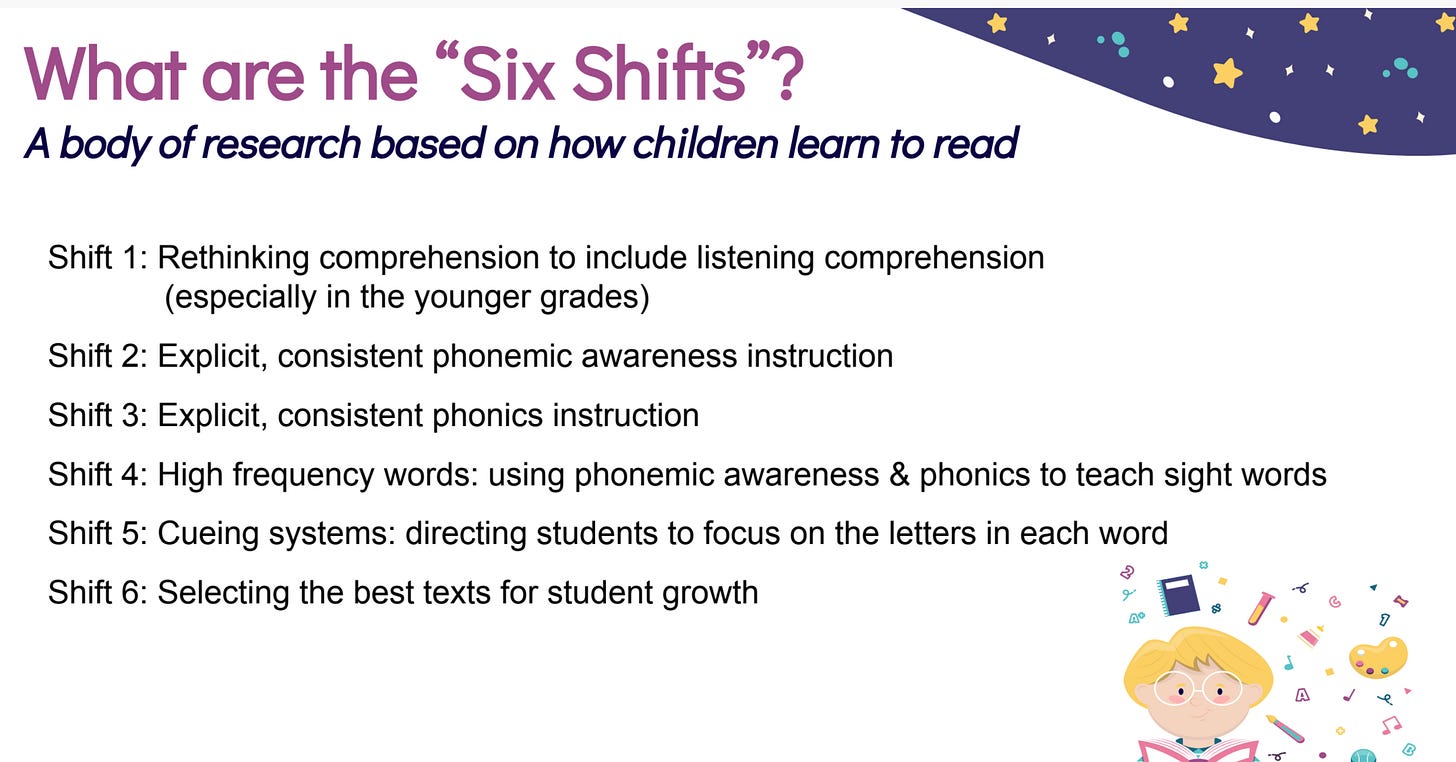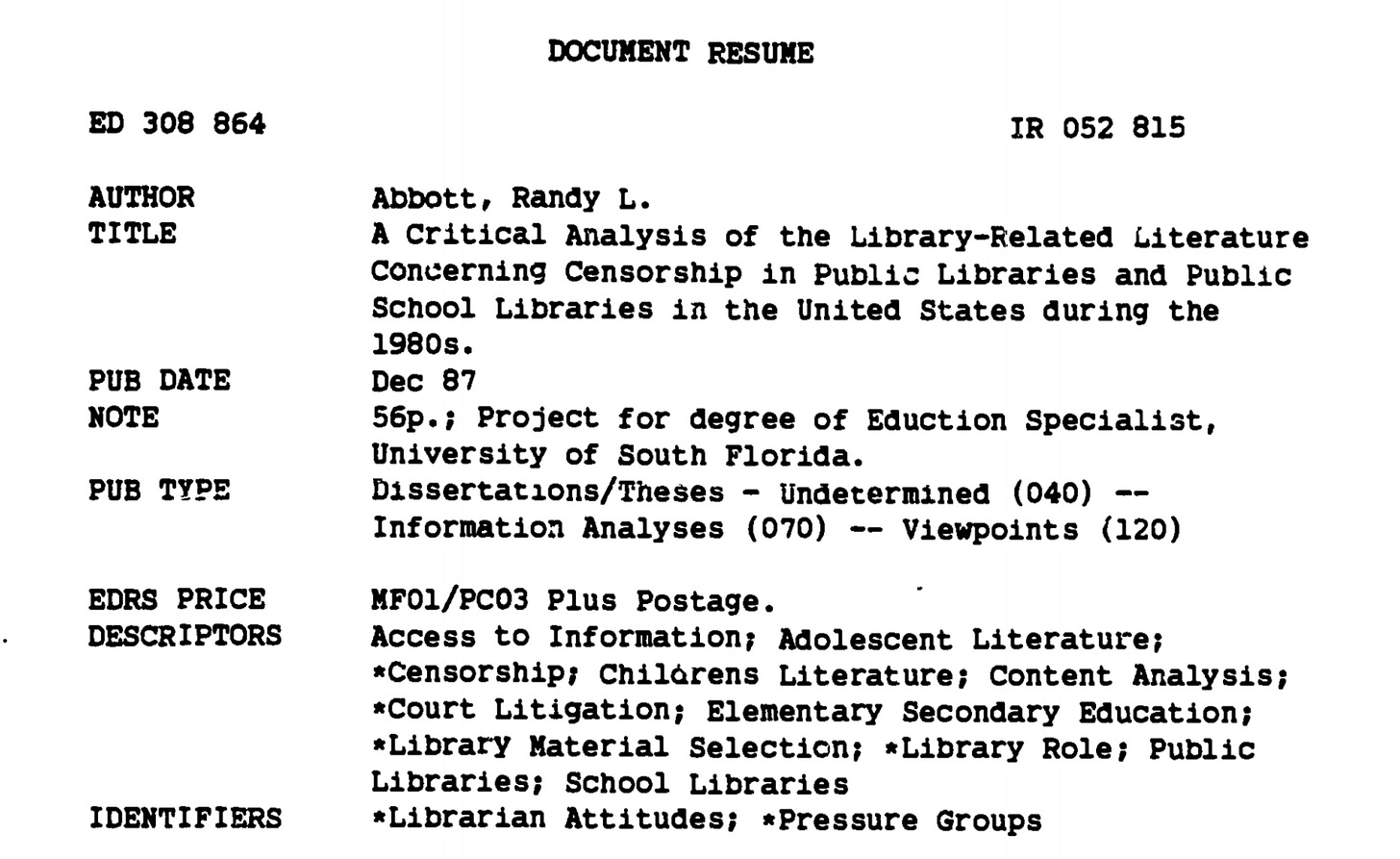Board of Education v. Pico, 1982
“In the spirit of George Orwell’s fiction, non-fiction and journalism, the Orwell Foundation aims to celebrate honest and creative writing and reporting, uncover hidden lives, and confront uncomfortable truths. We take seriously Orwell’s injunction that if ‘Liberty means anything at all, it means the right to tell people what they do not want to hear.’” (orwellfestival.co.uk.)
Arkansas passed a child labor law a month or so ago, billing it as a win-win for meat packing companies in need of small hands to clean sharp blades in the evenings and for poor families who barely have enough income to put meat on the table. Governor Sanders, a fundamentalist Christian who served for a time as the public face of Donald Trump when he was President, proudly signed the law out of her compassion for poor children and their parents who desperately need the income.
Governor Sanders is back this month with another win-win as schools shut down for summer, making more knife cleaning hours available for those ten year olds who have nothing better to do. Again aimed at helping children, this new law targets thought criminals angling to do harm to the upcoming generation—dirty rat librarians and their accomplices, teachers. Witness:
#####
To become a credentialed librarian prepared to work wherever there is a need for professional selection and collection of information, individuals with an undergraduate degree can complete an advanced program in library science accredited by the American Library Association. Why would anyone want to become a librarian? The ALA can think of lots of reasons. From its website:
The ALA is authorized as a special accreditation agency with authority to certify graduate programs leading to the Masters degree in library science. For any academic program to receive special accreditation whether library science or nursing or civil engineering or what have you, the university itself must have earned general accreditation, a daunting task in recent years as the process has become more and more politicized. The template for accreditation in higher education, including high school, generally involves responding in formal documents to program standards, observing reporting protocols and organizing tranches of evidence, carrying out well-documented institutional or program self-studies, and hosting structured peer-visitations involving teams from parallel institutions or programs. The ALA defines the required substance of a Masters program in library science as follows:
The concept of censorship is an important topic in the professional preparation of a librarian. Inherent in the selection of information for collection of material retrievable from a public or school library in the secular realm is the pragmatic requirement of objectivity. Like judges in courts of law, librarians must not derive their choices to serve their personal tastes, values, interests, and philosophy; research-based protocols and disciplinary resources as well as rich shared professional knowledge unavailable to, say, Governors of states like Arkansas, who are not trained in library science, support the accumulation of valuable expertise on behalf of learning. As outsiders looking in, those who would imprison and fine a credentialed librarian for performing an important public service using professional knowledge on behalf of the whole of society ought to develop their capacity to exercise their sociological imagination. I have to believe they know not what they do.
#####
The U.S. Constitution does not explicitly articulate the separation of church and state, but the first clause in the Bill of Rights states that “Congress shall make no law respecting an establishment of religion.” Court decisions historically have worked to keep any particular religious ideology out of public schools while safeguarding religious institutional privileges to provide private education. Education professor Jill Heinrich writing for Cornell University spelled out a number of issues that have been adjudicated excerpted here from her blog post:
Private Christian school accreditation1 explicitly and appropriately mandates that Christian schools begin and end their mission and vision with academic and religious training. Authority for establishing the curriculum for public schools is located in State Boards of Education who are charged with implementing a common curriculum with separation of state sponsorship from private religion. Just as the ALA has created standards and protocols for training and credentialing public or public school librarians, the American Association of Christian Schools has provided private schools with clarity on the requirements:
Donald Trump’s Supreme Court has been steadily chipping away at the underlying separation of church and state, perhaps most starkly in overturning Roe v. Wade. The Arkansas law that would imprison and fine public school librarians who refuse to remove books deemed obscene or “harmful” by vigilantes hasn’t had time to percolate in the lower courts, but recent decisions like the 2021 decision that required the State of Maine to transfer funds from public schools to private Christian schools sets a troubling precedent. Maine made the political error of provided public funding for private schools with curriculums modeled on state standards in rural areas with access issues but denied funding for religious schools. From John Roberts’ ink well writing the majority opinion, it’s clear that the Supreme Court sees no difference between a secular private school and a religious private school, conflating concepts of the curriculum (e.g., mission and vision) with advocacy of parental rights to vouchers and free choice:
One wonders what Roberts would think about a state law that would prevent public schools from delivering secular education in Arkansas, where librarians will be jailed if they do their job, in Florida, where it’s illegal to say gay under penalty of job loss, or dozens of other states turning their back on democracy and walking the path of minority rule.
#####
Randy Abbott2 wrote a thesis at the University of South Florida as a capstone project for a degree as an Education Specialist (a librarian) in 1987. Locating the roots of modern censorship in the movement that brought Barry Goldwater with his cowboy hat to the center of the Republican Party, Abbott traced the foundation of ideological and religious censorship through organizations emerging during the prior decades, including Christian School Action, Falwell’s Thomas Road Baptist Church, the Christian Voice, the Moral Majority, and the Citizens for Decency through Law. The conventional thinking of the times contrasted Christian religious ideologies with secular humanism, though within the Christian community some leaders referred to themselves as religious humanists.
Abbott underscored the dilemmas facing librarians facing an 53% increase in book banning within a month of Ronald Reagan’s election to the Presidency. In the following excerpt, he exposes the pickle librarians faced then and likely face today. In fact, this particular dilemma has implications for reading and literature teachers that could form the foundation of an ongoing professional discussion among teachers. The solution is not cut and dried:
Abbott pointed out a similar dilemma facing those who advocated for ideologically driven book bans. In a manner predictable from a proponent of the Moral Majority, who above all seek to keep all moral things safe from depravity, decisions about who should decide precisely which books should be banned are hard. Who among us has the wisdom? Everyone?
#####
A trope conservatives use to stoke book banning was stymied by a small group of high school students in the fall of 1975. School board members from the Island Trees school district in Levittown, New York, attended a conference sponsored by a conservative group. At the conference, they were given a standard list of books the group found “objectionable” and “improper fare for school students.” School board members took it upon themselves to go to the card catalog in the library after hours without staff present to compare the list against what was on the shelves for students. They found eleven of the “objectionable” books on the shelves. You can probably list at least half of them, maybe more.
Demanding that the trained librarian remove the books, the Board raised the hackles of five students who filed a law suit asserting their First Amendment right to read books that the librarian selected as a credentialed educator. The Board won in the local court, was overturned in the appellate court, and suffered a tortured and unsatisfying Supreme Court decision seven years later. Steven Pico, the student whose name is inscribed in Supreme Court history, is alive and well and spoke to CNN during the summer of 2022. Back in the day, his friends didn’t seem to care much about the case, but Steven knew it would be the most important fact of his life. His parents were troubled because they worried about colleges retaliating against him by denying scholarships or admission. But he graduated from college and feels fulfilled. Pico sees his modern counterparts through new eyes. Witness his own words:
“I think today students are much more sophisticated. They have more knowledge about their rights as citizens. I actually have much more hope today that these battles are going to be fought and won. I know there are young people out there right now who are forming book clubs, groups where they’re going to actually read banned books and decide for themselves. I know there’s young people standing up, fighting these attempts at book censorship and that’s really encouraging because that did not happen when I was in school.”
Coda: The Island Tree district where Steven Pico matriculated just recently committed to the Science of Reading. Visit its website for more. I’ll include here a screenshot from a recent presentation I downloaded from the website:
Here is a link to read about the Supreme Court decision in the Pico case.
Here is a link to an analysis of the issues raised by the Pico case published in 1980 in the Columbia Law Review.
